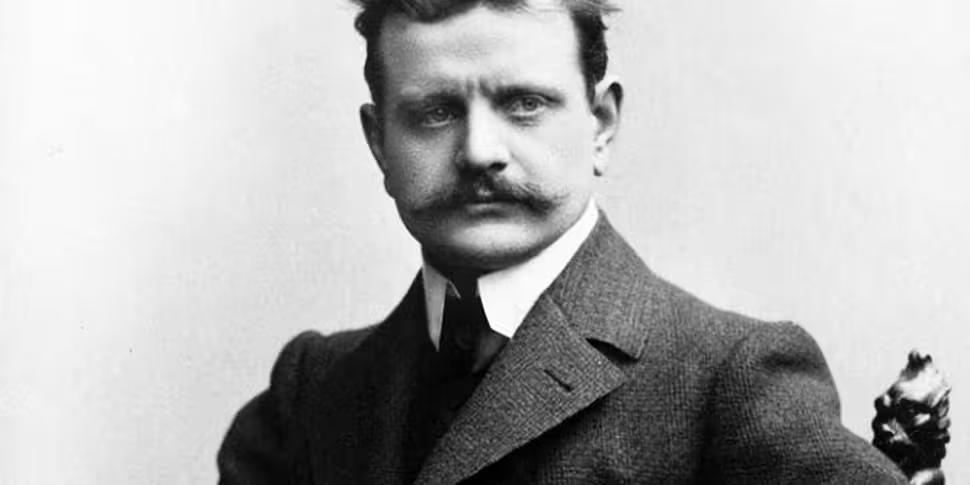In the 19th and early 20th century nationalism was exploding across Europe. In Ireland the Gaelic Revival helped to create an identity that would become key to the island’s eventual independence. Other blooming nationalist movements were being fuelled by similar cultural movements. One of the most important cultural figures in Finland was the composer Jean Sibelius.
Born doctor in 1865 Sibelius’ childhood was spent in the shadow of the Russian Empire. In 1809 Sweden ceded Finland to Russia after defeat in the Finnish War. Sweden’s rule had seen Finnish language and culture decline as Swedish became the language of success; very similar to what had happened in Ireland. With the advent of Russian rule came the space for a Finnish re-emergence.
By the mid-19th century figures emerged across Finland promoting traditional language, culture, and practices. This was very much part of the wider European nationalist movement. Yet, where other groups faced resistance from their foreign bureaucrats the Finns found some support.
The Russians recognised that Finnish nationalism would mainly target the strong Swedish influence, thereby driving a wedge between the Finns and their western neighbour. Russia, like the other great powers, underestimated the nationalist movements and as the 19th century progressed Finnish nationalism grew.
When opportunity arose with the 1917 Russian Revolution Finland declared independence.
Sibelius was one of the central figures of Finnish nationalism in the late 19th and early 20th century. Though he had grown up in a Swedish speaking home Sibelius attended a Finnish-language school. It was while here that his musical education began with violin lessons from the local bandmaster.
Though Sibelius quickly proved himself an adapt pupil and performer his future lay in composing. In 1885 he left law school to study music in Helsinki. From here he went on to study in Berlin and Vienna, becoming a student and member of the Romantic Movement during these travels.
In 1899 Sibelius began to compose his First Symphony. At the same time the Russian Tsar, Nicholas II, was increasing his power in Finland, introducing ever more restrictive measures. These moves by Nicholas had fanned the nationalist movement and did much to enflame the patriotic embers in Sibelius’ heart.
The result was the composing of the terribly patriotic Song of the Athenians and Finland Awakes; which would morph into Sibelius’ greatest work, Finlandia.
Though his output would decline in his later years these early works helped to make Sibelius a national icon in Finland and he is as celebrated in Finland today as W.B. Yeats is here in Ireland.
Sibelius’ greatest legacy, though, can be seen in the importance of music and composing in Finland. In this week’s Talking History discussion Dr Tim Howell, author of After Sibelius: Studies in Finnish Music, pointed out that “there are more composers per capita in Finland than any other European country”. As Simon Taylor, CEO of the National Concert Hall, explained: “It would appear that having that great composer [Sibelius] has really generated an extraordinary musical culture in [Finland]”.
Join Trinity College Dublin’s Dr Patrick Geoghegan as he talks with Simon, Tim, and other experts about the life, music, and legacy of Jean Sibelius. What made him such a great composer? Should he still be celebrated today? And just how important was he to Finland’s cultural revival and nationalist movement?









